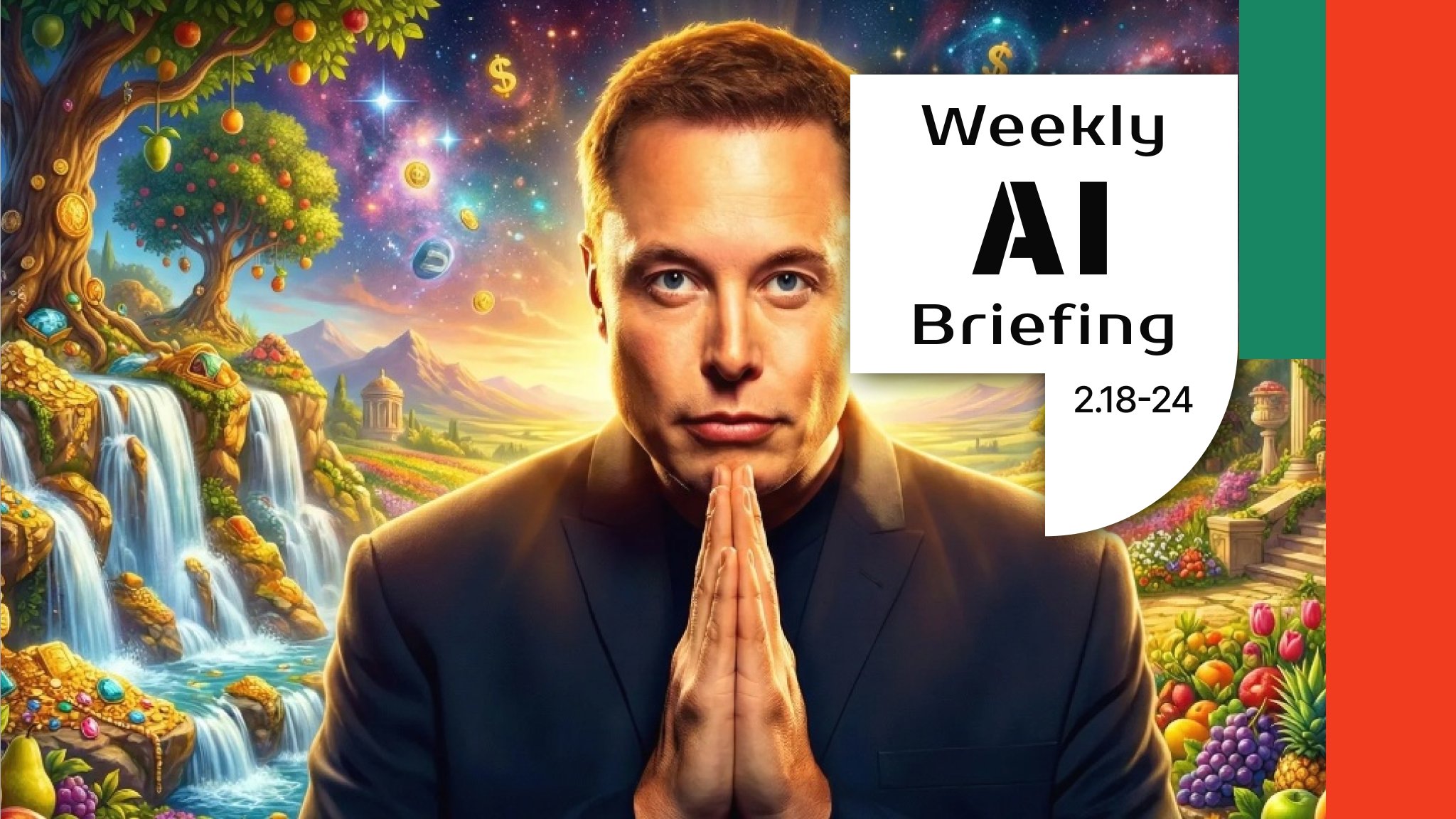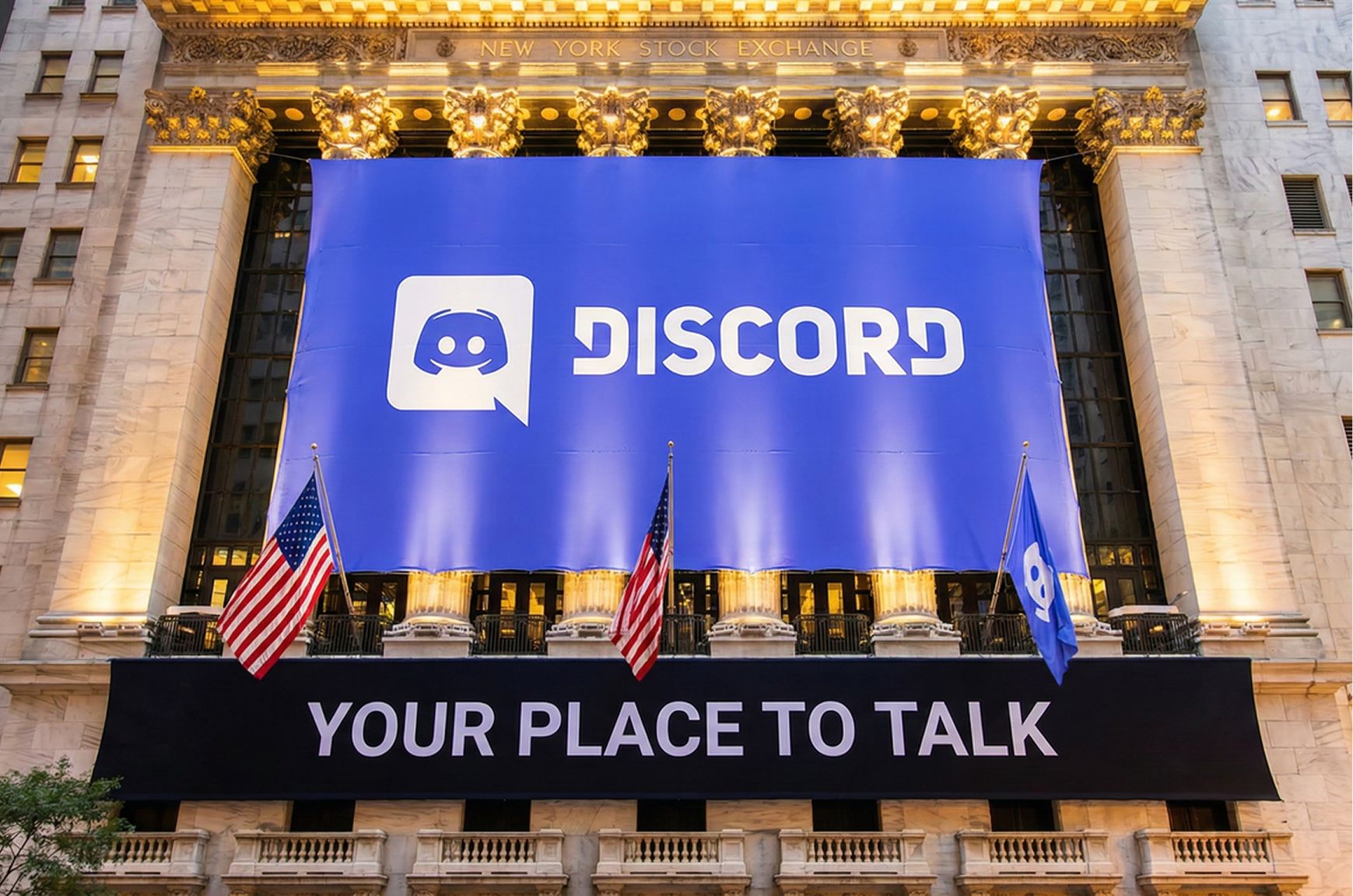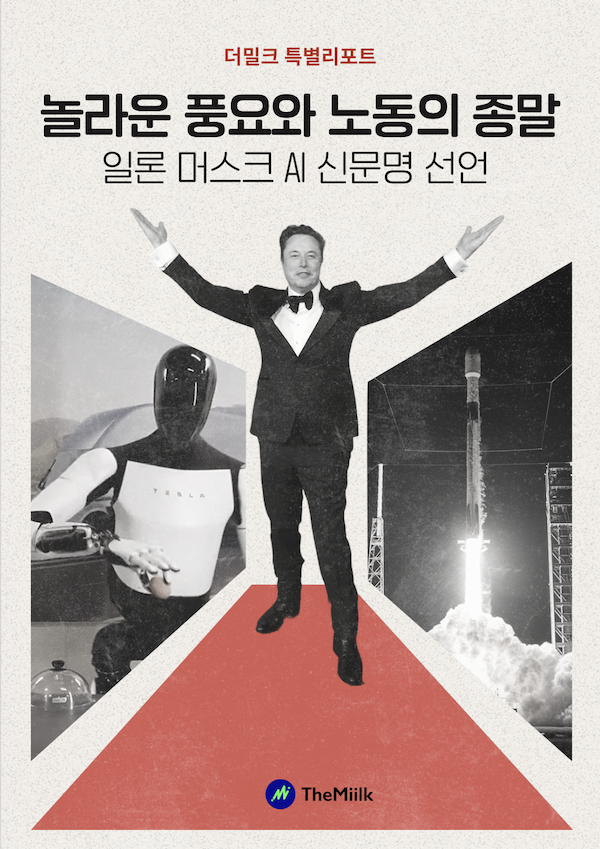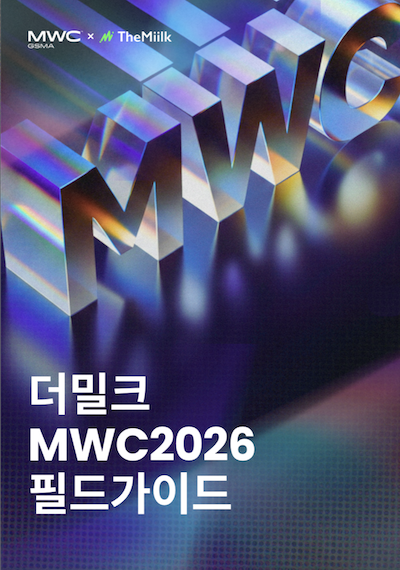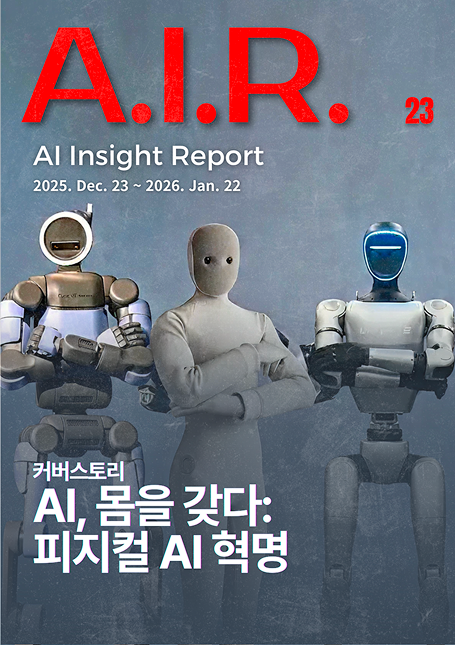'AI won't steal your job, but those utilizing it will'
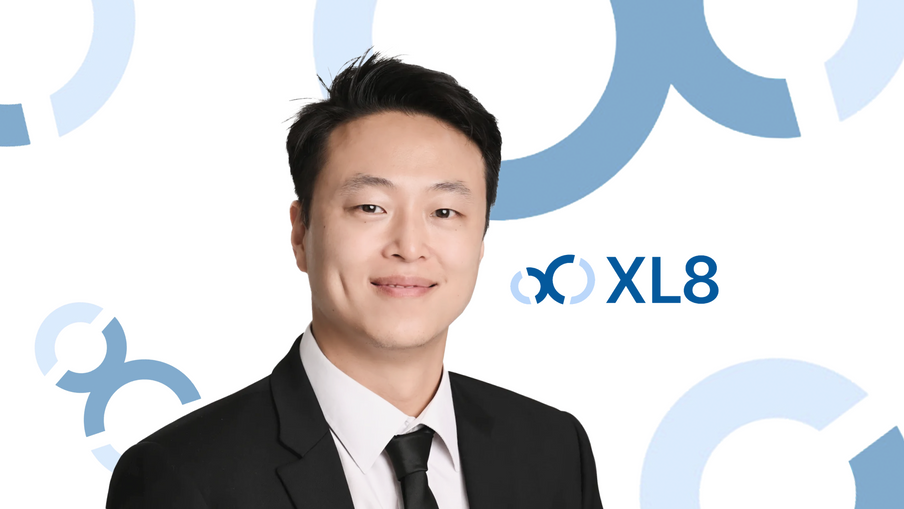
Ex-Google employee hopes to bring down the media sector’s language barrier with his AI-powered subtitle generator
The advancement of artificial intelligence (AI) has raised an existential question about the nature of humanity: "Is humankind unique in its ability to think and use tools while dominating the food chain?” Young-hoon Jung, who goes by Tim and is the founder and CEO of the translation solutions developer XL8, firmly believes the answer is, “No.”
He feels that all characteristically human traits can be analyzed and replicated by technology, citing the OpenWorm project as proof. This project was an open-source initiative that fully created a virtual version of the nematode caenorhabditis elegans, better known as roundworm, on the computer. He argued that the difference between a virtual worm in a computer program and an actual worm in real life is negligible, as both move and act in the exact same way. Furthermore, he suggested that biological complexity was the only real difference between this roundworm and us, humans.
Alongside his firm belief that humans are not peerless creatures , the CEO also affirmed that his core goal for his firm’s AI-based translation services is to break down the language barrier.
“In recent months, the AI segment has seen a palpable fear of missing out (FOMO), with more and more people feeling the need to at the very least leverage it, rather than ignoring it” said Jung, citing the shift from horse-drawn carriages to fuel vehicles as a comparable example.
“I don’t think that, as it is often said, AI will replace humans, but rather that those who utilize AI will replace their peers.”
Since 2018, he has repeatedly stated that language-related industries would experience a monumental paradigm shift driven by AI within the next five years. Now, in 2023, that change is finally taking place. Since leaving his high-paying job at Google off the back of this belief, he started his own company in 2019 in the hopes of riding the wave of AI to success.

More accurate than Google Translate
XL8 offers two main services, MediaCAT and EventCAT, both of which are based on nearly the same AI technology. MediaCAT, however, is aimed at translating pre-existing media content, whereas EventCAT offers real-time translation services for live streaming events and video conferencing platforms like Zoom.
MediaCAT currently has the most users, most of whom are language service providers, often called LSPs. These corporate customers offer translation services for streaming platforms like Netflix. MediaCAT, which can be used to transcribe, translate and dub, currently produces around 20,000 to 30,000 hours of translation per month, compared to the roughly 36,000 hours of video content available on Netflix currently for scale.
The company claims its MediaCat solution can save LSPs 30% of their conventional translation times and cost.
Even in its early days, XL8 claimed to outperform Google in terms of its accuracy rate. Now, the original 10% gap in performance between the two platforms has widened yet further to 20-30% . Compared to Google’s 50% accuracy rate, XL8 used to record 65%-75% accuracy. Now, MediaCAT’s accuracy has increased to an average of 85%, while Google's accuracy still lingers at 65%. The cut-off point for whether a translated text can convey its original meaning without additional changes or corrections is about 60%. As such, in starting with texts translated by MediaCAT, human translators can generate smoother and more natural end results.
The company attributes its relatively high accuracy to a few primary factors. Firstly, its superior context awareness allows the tool to use context clues to read between the lines of conversations when providing translations.
Usually, translation solutions apply context awareness to the source language only, and not the target language. MediaCAT, however, uses a proprietary context awareness technique to generate contextualized translated texts that sound more natural, according to Jung.
Furthermore, MediaCAT has adopted a multi-modality feature that is typically used to describe visual information in texts. However, this feature is generally not applicable to content such as dramas and movies, where it would often be limited to simplistic descriptions like 'a man and a woman are talking.' The company has, therefore, tweaked on the existing technology to provide translations that represent the communication styles of the speaker’s gender, age and relationships within media.
Additionally, the tool can automatically write summaries and descriptions of previous episodes and seasons thanks to its generative AI technology. This allows translators to quickly familiarize themselves with the content and its context before they get to work. After a translation is finalized, the tool is fed back the refined translations created by professional human translators to further improve its performance. This contrasts with Google, which is instead trained on a hodgepodge of linguistic data of varying qualities from the web. Currently, MediaCAT and EventCAT offer translations for around 900 language pairs.

Lessons from Samsung and Google: your corporate culture goes a long way
XL8’s CEO, Jung, has worked for two of the most widely respected tech companies in Korea and the US--Samsung and Google--for five and a half years and five years, respectively. When asked to recommend one company over the other, he stated that he felt Google had the edge over its competition. However, he also acknowledged that he learned the most during his first year at Samsung. During this time, he learned a great deal about software engineering from his senior colleagues, who provided him with invaluable opportunities to take part in crucial projects and learn through experience.
After these formative years at Samsung, Jung decided to do a PhD in artificial intelligence. When he moved to Google, he was impressed by the company's well-designed corporate culture, which emphasized effective communication, clear direction-setting, and clean execution. Although there was nothing especially magical about Google's inner workings, he thought that the company's non-nonsense yet constructive corporate culture and rules--such as its “No Jerks” policy--were excellent.
Drawing from his experiences at both Samsung and Google, Jung aspires to build a company that can outpace both of these tech giants. He hopes to establish a culture that enables employees to make reasonable decisions and work efficiently.
The company raised 3.6 billion won ($2.7 million) in funding last year from a group of investment firms that included Atinum Investment and Future Play. It is currently carrying out a round of Series A funding.
Moorea Mehta (m.p.a.mehta@gmail.com) contributed to editing this story.

